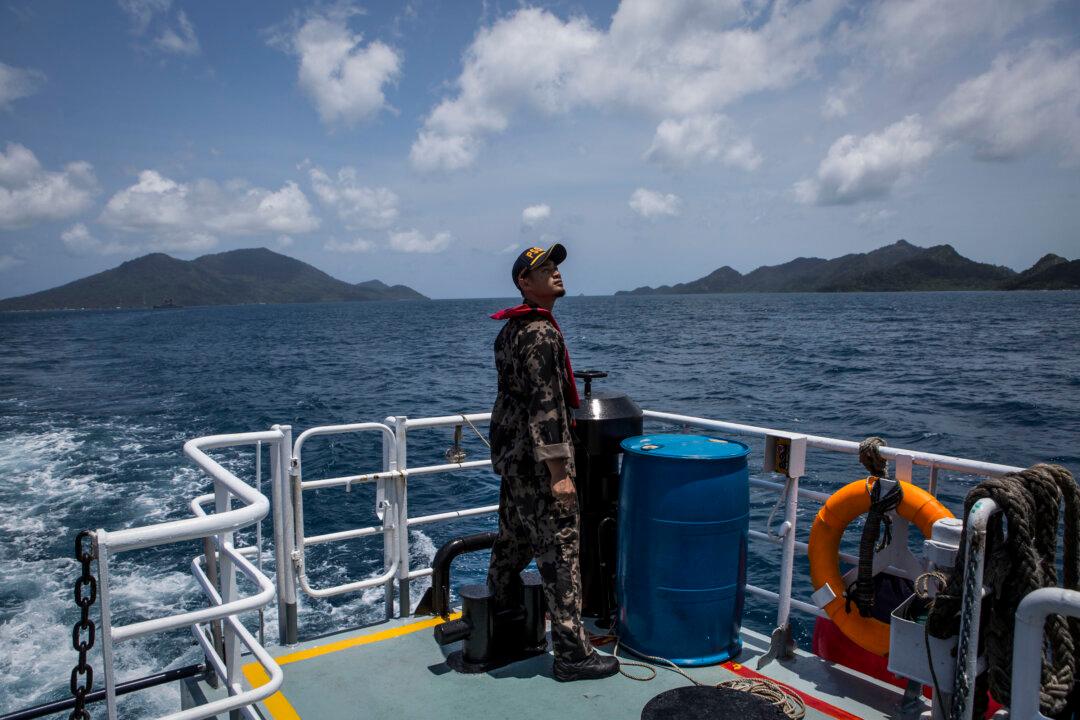JAKARTA—Indonesia has increased patrols around islands near the disputed South China Sea after a Chinese coast guard vessel “trespassed” into Indonesia’s exclusive economic zone, authorities said on Jan. 3.
The Chinese vessel entered waters off the coast of the northern Natuna islands in mid-December, leading Indonesian foreign ministry to issue a “strong protest” and summon the Chinese ambassador in Jakarta.





